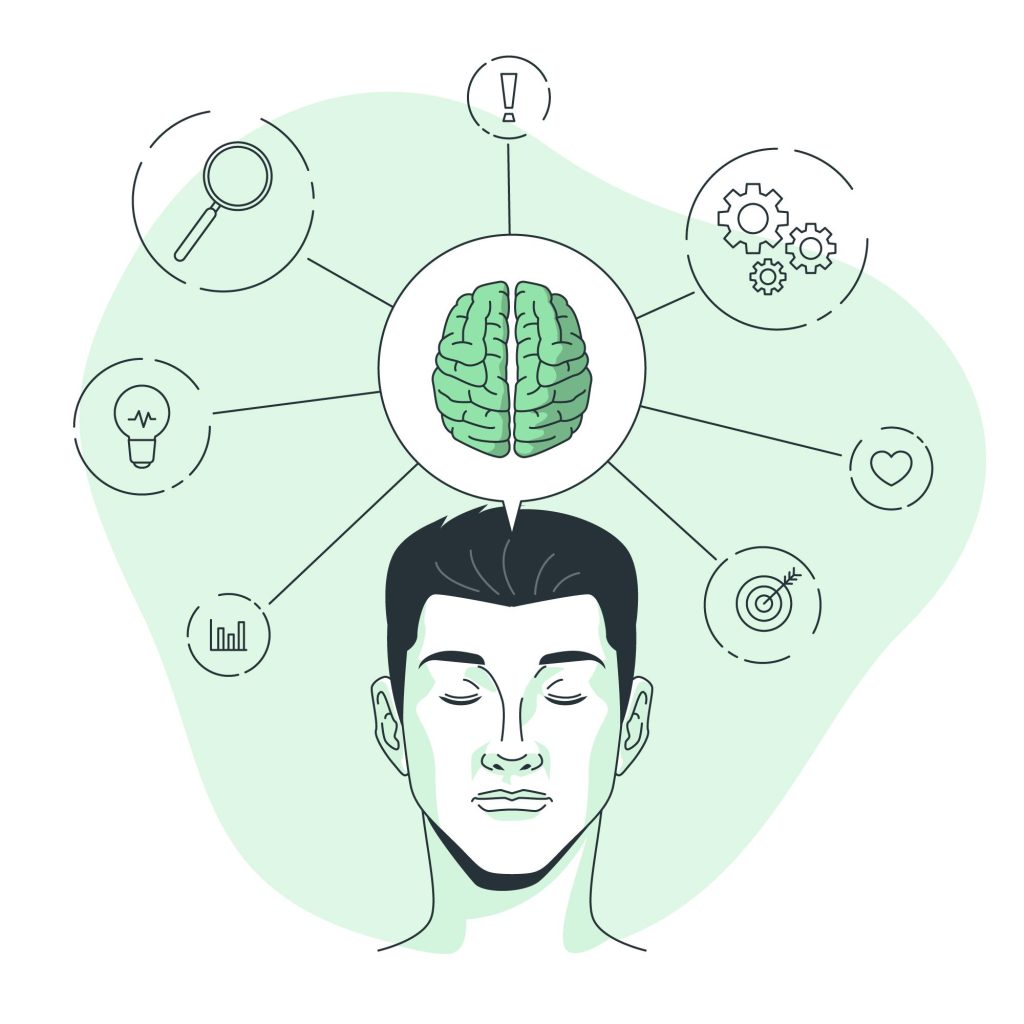In the fast-changing world of work, two soft skills are standing out: emotional intelligence and personal effectiveness. As automation, AI, and hybrid work models evolve, professionals need these skills to remain relevant, productive, and emotionally resilient.
Why Emotional Intelligence Is Trending in 2025
As we move deeper into the knowledge economy, success depends on how well we interact with others—employees, customers, or stakeholders. Emotional intelligence helps professionals navigate workplace dynamics, embrace cultural differences, and lead with empathy.
Organizations are increasingly recognizing that EQ isn’t just about being “nice”, it’s about being effective. It supports key business outcomes like retention, productivity, and innovation.
-
Companies prioritize EQ for leadership, teamwork, and customer-facing roles.
-
Emotional intelligence helps professionals manage workplace stress and uncertainty.
-
EQ improves communication, empathy, and decision-making.
-
Research shows a direct link between high EQ and job performance.
What Is Personal Effectiveness?
Personal effectiveness is about managing your time, energy, mindset, and actions to get results. It’s the combination of focus, self-discipline, and goal-orientation that separates productive professionals from the rest.
As workloads increase and distractions multiply, personal effectiveness ensures that professionals stay clear, committed, and consistent in achieving goals.
Core Elements of Personal Effectiveness
Key traits of personally effective individuals include
-
Clear goal setting and planning.
-
Strong time management and prioritization.
-
Effective communication and assertiveness.
-
Adaptability and proactive problem-solving.
How Emotional Intelligence Enhances Personal Effectiveness
These two skills don’t operate in silos—they complement and strengthen each other. EQ makes personal effectiveness more sustainable and human-centered, while personal effectiveness ensures EQ isn’t just theoretical but applied meaningfully in real-world situations.
Together, they help professionals stay calm under pressure, communicate clearly, manage conflicts, and stay aligned with long-term goals.
The Connection Between EQ and Effectiveness
Here’s how EQ directly improves personal effectiveness:
-
Emotionally intelligent people handle stress better, improving focus and productivity.
-
Self-awareness leads to better decision-making and fewer emotional mistakes.
-
Empathy fosters stronger workplace relationships and collaboration.
-
Emotional control helps in managing time and energy efficiently.
Practical Tips to Develop Emotional Intelligence and Personal Effectiveness
Developing these skills doesn’t require a complete lifestyle overhaul; it’s about integrating small, intentional habits into your routine. Consistency and self-awareness are key to meaningful improvement.
Actionable Strategies
Some ways to build both EQ and personal effectiveness include
-
Practice Self-Awareness: Regularly reflect on your emotional triggers and responses.
-
Set SMART Goals: Make goals Specific, Measurable, Achievable, Relevant, and Time-bound.
-
Improve Empathy: Listen more and try to understand others’ perspectives.
-
Manage Stress: Use techniques like mindfulness, deep breathing, or short breaks during work.
-
Seek Feedback: Get regular input from colleagues and mentors to identify areas for improvement.
The Future of Soft Skills: Why EQ and Effectiveness Will Matter More
Automation is accelerating, but emotional intelligence and personal effectiveness remain deeply human and irreplaceable. They’re at the heart of leadership, collaboration, innovation, and customer satisfaction—areas where machines still fall short.
In high-growth industries like healthcare, education, IT, and HR, EQ and self-management are already considered core competencies. For individuals, investing in these skills means higher employability, better career progression, and stronger resilience in times of uncertainty.
Long-Term Benefits for Professionals
By building these skills, professionals can expect:
-
Better leadership opportunities.
-
Enhanced teamwork and collaboration.
-
Improved mental resilience and stress tolerance.
-
Higher overall job satisfaction and productivity.
Explore More on Emotional Intelligence and Personal Effectiveness
At KnowxBox, we dive deep into the evolving world of soft skills, offering articles, learning resources, and practical insights for professionals who want to stay competitive and self-aware in 2025 and beyond.
Whether you’re navigating a leadership role, starting your first job, or looking to improve team collaboration—developing emotional intelligence and personal effectiveness can be your biggest asset.
Visit KnowxBox to explore more workplace learning resources
